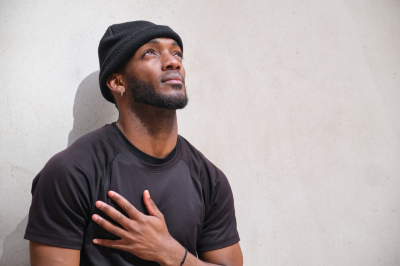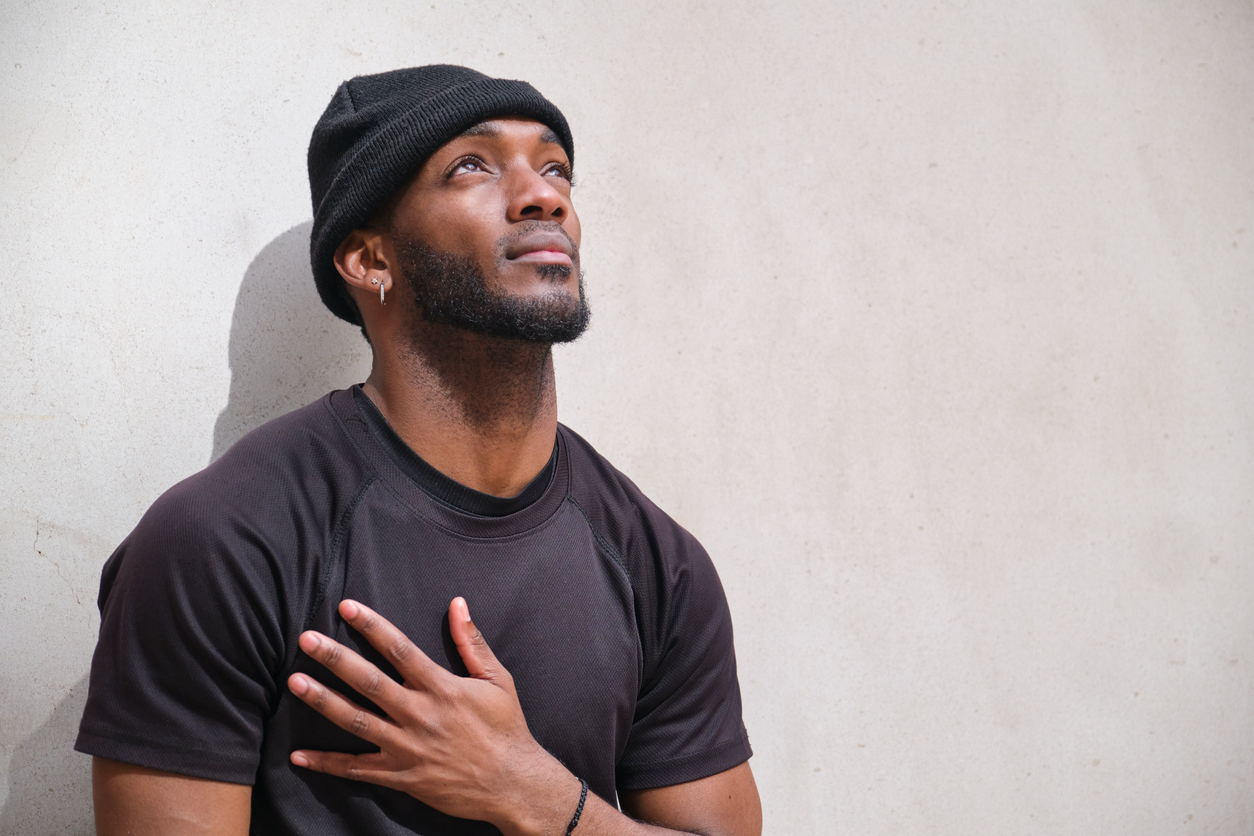
One thing we excel at is quitting. As Crosby, Stills & Nash sang in their song Southern Cross, “We never failed to fail. It was the easiest thing to do.”
There’s a lot of data that seems to back that up. When it comes to New Year’s resolutions, 23% of people quit within the first week, 43% quit by the end of January, and only 9% successfully keep their resolutions all year. Our ability to be consistent with exercise is pretty bad, too: 80% of people who sign up at a gym in January stop going regularly by mid-February. A Harvard study found that the completion rate of people who signed up for online education hovered between 5 and 15%.
Why do we bail on things so much? Experts point to a combination of psychological, emotional, and structural factors. Causes include short-lived motivation, unrealistic expectations, a lack of planning or accountability, and the inability to shift from a comfortable identity to a new one that stretches itself to start and keep doing new things.
OK, fine, I can believe that in some cases. But my bet on why we hit the ejector seat on so many things is for one simple reason: we find them hard to do.
Getting fit and healthy is hard. Obtaining an educational degree is hard. Acquiring anything worthwhile is almost always hard.
Such ambitions inevitably disrupt our current comfortable state, lead to distress when things get rocky, and thus, they require tenacity and toughness on our part to finish. In his book Do Hard Things, Steve Magness says: “Real toughness is experiencing discomfort or distress … Toughness is navigating discomfort to make the best decision you can.”
Most Christians will tell you that receiving Christ is the “best decision” they ever made. But talk to a saint who has walked with Him for any decent length of time, and they’ll tell you it’s anything but the “Jesus solves all your problems, your best life now” picture that some preachers paint.
In other words, the Christian life can be hard.
Such a reality is why, in Christ’s parable of the four soils (Matt. 13:1-9), only one bore grain. That soil alone was started, progressed through adversity, and stayed, proving it was planted by God.
Such is the case with our lives as believers today; it telegraphs one trait of genuine faith that’s impossible to miss: endurance.
Kept for Christ
The former pastor of my church was talking one day about the anti-Christian spirit in our culture and said, “The one thing most frustrating about the world is that it is … relentless.”
He’s right. The forces of darkness (Eph. 6:12) never let up; it’s in their nature to fight to the end. Likewise, the Holy Spirit inside a believer doesn’t stop either, demonstrating the saving nature of the person’s conversion. Because of this, Jude tells us we are “kept for Jesus Christ” (vs. 1).
Even so, although Jesus said His yoke is easy and burden light (Matt. 11:30), living the Christian life day in and day out can seem anything but, which is where spiritual endurance comes in. Of endurance, John MacArthur says: “In a world that is hostile to the Gospel of Christ, endurance is crucial. Without it, a barrage of error and sin will knock down even the most well-meaning believers.”
If hermeneutic professors are right in saying that repetition in Scripture signifies emphasis, then the Bible elevates endurance very high in the list of Christian traits because it’s mentioned constantly. The Greek word for endurance is hupomoné, and it has two aspects to it.
The first, as you might imagine, is the capacity to hold out or bear up in the face of difficulty. Scripture says repeatedly that hardships will come our way, but that the perseverance and endurance given to us by God will sustain us.
Jesus said, “the one who has endured to the end who will be saved” (Matt. 10:22) and “By your endurance you will gain your lives” (Luke 21:19). Paul said the mark of a believer involves “much endurance, in afflictions, in hardships, in distresses” (2 Cor. 6:4) and in his ministry he would “endure all things for the sake of those who are chosen … If we endure, we will also reign with Him” (2 Tim. 2:10–13). Paul also told Timothy to “be sober in all things, endure hardship, do the work of an evangelist, fulfill your ministry” (2 Tim. 4:5) and that the mark of God’s type of love “bears all things, believes all things, hopes all things, endures all things” (1 Cor. 13:7).
James highlights this type of perseverance and its work when he says, “The testing of your faith produces endurance. And let endurance have its perfect result, so that you may be perfect and complete, lacking in nothing” (James 1:3–4).
Perhaps no other book in Scripture talks about endurance more than Hebrews. The reason is that the author was writing to believers who were weighed down with tribulations and trials and were feeling like throwing in the towel.
In speaking about the first aspect of endurance, the author tells his readers: “For you have need of endurance, so that when you have done the will of God you may receive what is promised” (Heb. 10:36). But then he goes on to talk about the second dimension of endurance, which Greek lexicons describe as “patiently waiting on someone.”
Sometimes the worst part of life’s troubles is the waiting involved for the storm to clear, which equates to waiting on God and His light at the end of the tunnel. Without such hope, we can end up asking questions like Job did: “What is my strength, that I should wait? and what is my end, that I should endure?” (Job 6:11).
The Hebrews author mentions endurance three times when he tells us to wait patiently on God to experience His perfect end through trials. He provides plenty of examples of those who have gone before us as proof, with Jesus being the supreme model: “Therefore, since we have so great a cloud of witnesses surrounding us, let us also lay aside every encumbrance and the sin which so easily entangles us, and let us run with endurance the race that is set before us, fixing our eyes on Jesus, the author and perfecter of faith, who for the joy set before Him endured the cross, despising the shame, and has sat down at the right hand of the throne of God. For consider Him who has endured such hostility by sinners against Himself, so that you will not grow weary and lose heart” (Heb. 12:1–3).
Stiff-arming weariness and not losing heart can feel next to impossible sometimes, but “fixing our eyes on Jesus” is the lighthouse that gets us through, just as Casting Crowns says in their song Just be Held:
“If your eyes are on the storm
You’ll wonder if I love you still
But if your eyes are on the cross
You’ll know I always have and I always will.”
Apostasy, of course, is the opposite of this kind of endurance and is highlighted by John when he writes: “They went out from us, but they were not really of us; for if they had been of us, they would have remained with us; but they went out, so that it would be shown that they all are not of us” (1 John 2:19). But the Hebrews writer tells true believers: “But, beloved, we are convinced of better things concerning you, and things that accompany salvation” (Heb. 6:9).
So, although the Christian life is no breeze, God supplies the endurance we need in our saving faith. So, if you’re feeling a bit at the end of your rope these days, stay the course and remember His admonition, which says: “Let us not lose heart in doing good, for in due time we will reap if we do not grow weary” (Gal. 6:9).
Robin Schumacher is an accomplished software executive and Christian apologist who has written many articles, authored and contributed to several Christian books, appeared on nationally syndicated radio programs, and presented at apologetic events. He holds a BS in Business, Master’s in Christian apologetics and a Ph.D. in New Testament. His latest book is, A Confident Faith: Winning people to Christ with the apologetics of the Apostle Paul.








